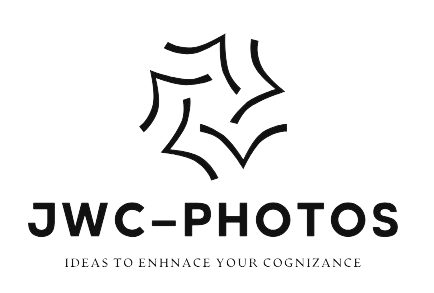In recent years, the field of dermatology has witnessed a paradigm shift with the advent of next-generation dermatological therapeutics. This revolutionary wave is transforming the way we approach and address various skin health concerns. From innovative formulations to cutting-edge technologies, these advancements are not only enhancing treatment efficacy but also redefining the patient experience. One of the key aspects of next-generation dermatological therapeutics is the application of precision medicine. Tailoring treatments to individual genetic and molecular profiles allows for more targeted and effective interventions. This approach minimizes the one-size-fits-all model, enabling dermatologists to customize treatments based on a patient’s unique characteristics. Precision medicine is particularly impactful in addressing conditions such as psoriasis, eczema, and melanoma, where the genetic component plays a crucial role.
Nanotechnology and Drug Delivery:
Nanotechnology has emerged as a game-changer in dermatological therapeutics. The development of nanocarriers for drug delivery allows for precise and controlled release of therapeutic agents, improving both efficacy and safety. Nano formulations enable better penetration into the skin, facilitating the delivery of drugs to specific layers or cells. This is especially significant in the treatment of conditions like acne or skin cancers, where targeted delivery is essential for optimal outcomes.
Biologics and Immunomodulation:
Biologics, including monoclonal antibodies and cytokine inhibitors, represent a breakthrough in the treatment of inflammatory skin disorders. These therapeutics target specific pathways in the immune system, providing a more targeted and effective approach to conditions such as psoriasis and atopic dermatitis. By modulating the immune response, biologics not only alleviate symptoms but also address the underlying causes of these chronic skin conditions, leading to longer-lasting results and browse around these guys.
Personalized Skincare:
Advancements in dermatological therapeutics are not limited to medical interventions they extend to personalized skincare as well. The integration of artificial intelligence and machine learning allows for the creation of personalized skincare regimens based on individual skin types, concerns, and environmental factors. This data-driven approach ensures that individuals receive tailored recommendations for cleansers, moisturizers, and other skincare products, optimizing the overall health and appearance of their skin.
Photodynamic Therapy:
In the realm of dermatological treatments, photodynamic therapy PDT has gained prominence. PDT involves the application of a photosensitizing agent followed by exposure to light, resulting in the destruction of targeted cells. This approach is effective in treating various skin conditions, including certain types of skin cancer and precancerous lesions. PDT offers a less invasive alternative to surgery and traditional therapies, with minimal scarring and shorter recovery times.
The landscape of dermatological therapeutics is undergoing a profound transformation with the integration of next-generation technologies and approaches. Precision medicine, nanotechnology, biologics, personalized skincare, and photodynamic therapy are reshaping the way dermatologists diagnose and treat various skin conditions. These advancements not only improve treatment outcomes but also enhance the overall patient experience by offering more targeted, efficient, and personalized solutions. As we continue to unlock the potential of these innovations, the future of skin health looks brighter than ever, promising new hope for individuals facing a wide array of dermatological challenges.
